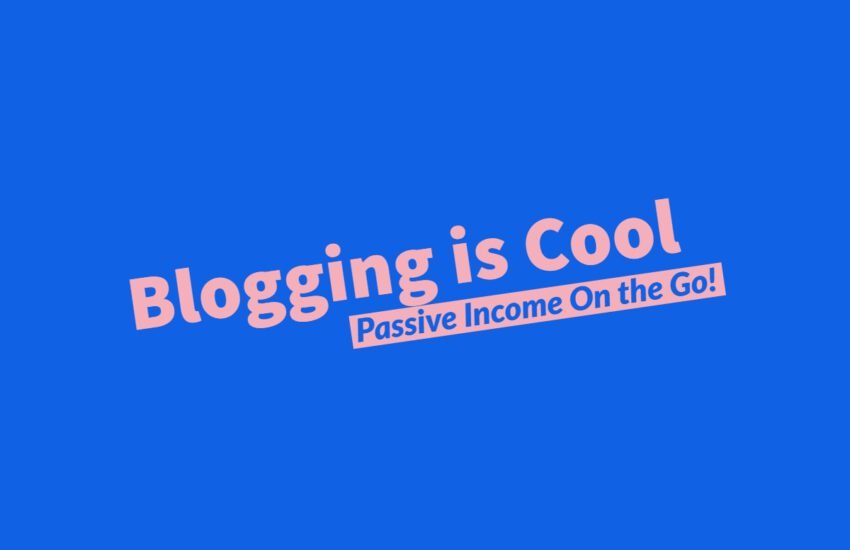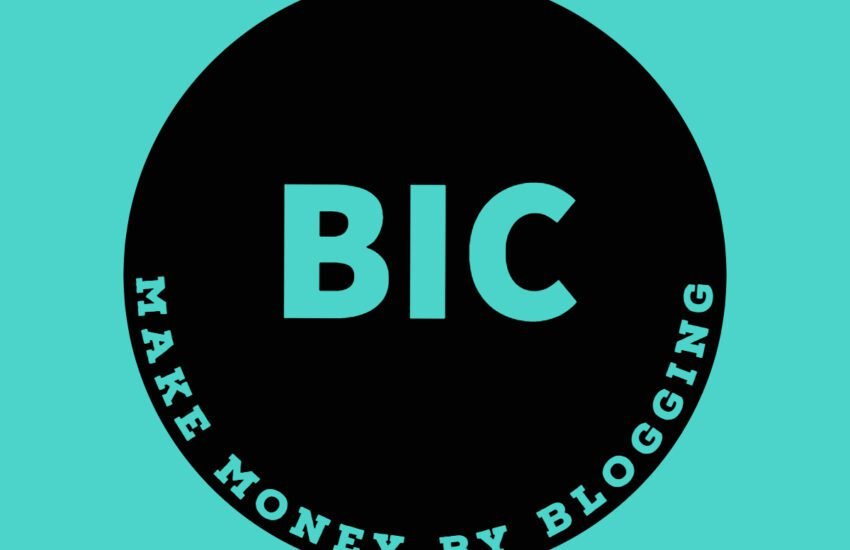Boing Boing as an Inspiration for Your Blog
- Why Boing Boing as Inspiration
- Brief history of Boing Boing
- 1. Founding (1988)
- 2. Digital Transition (1995)
- 3. Early Focus on Cyberculture
- 4. Cultural Commentary and Humor
- 5. Contributors and Guest Writers
- 6. Boing Boing Gadgets (2007-2009)
- 7. Cory Doctorow’s Influence
- 8. Shift to Group Blog Format
- 9. Award Recognition
- 10. Ownership Changes (2015)
- Conclusion
Why Boing Boing as Inspiration
Founded in 1988 by Mark Frauenfelder, this blog covers technology, culture, and weirdness. Its estimated revenue is $5 million.
Brief history of Boing Boing
Boing Boing is a popular group blog that covers a diverse range of topics, including technology, culture, science fiction, and more.
1. Founding (1988)
Boing Boing was originally launched as a print zine in 1988 by Mark Frauenfelder, Carla Sinclair, and others. The zine focused on cyberpunk culture, DIY projects, and alternative viewpoints. Over time, it transitioned into a digital format.
2. Digital Transition (1995)
Boing Boing embraced the internet and made the transition to a web format in 1995. This move allowed the blog to reach a broader audience and share its eclectic mix of content with readers globally.
3. Early Focus on Cyberculture
In its early years, Boing Boing gained attention for its coverage of cyberculture, digital art, and technology-related topics. The blog’s exploration of fringe and avant-garde content set it apart from more mainstream sources.
4. Cultural Commentary and Humor
Boing Boing has been known for its cultural commentary, often presented with a humorous and irreverent tone. The blog covers a wide array of subjects, including science fiction, copyright issues, gadgets, and countercultural movements.
5. Contributors and Guest Writers
Boing Boing has featured contributions from a variety of writers and experts in different fields. This diverse range of voices has enriched the content and perspectives presented on the blog.
6. Boing Boing Gadgets (2007-2009)
Boing Boing expanded its coverage of technology with the introduction of Boing Boing Gadgets, a subsection that focused specifically on gadgets and technology-related topics. This addition further diversified the blog’s content.
7. Cory Doctorow’s Influence
Cory Doctorow, a science fiction author and digital rights activist, has been a significant contributor to Boing Boing. His articles and commentary on issues related to copyright, privacy, and digital freedoms have been a notable aspect of the blog.
8. Shift to Group Blog Format
Boing Boing evolved into a group blog with multiple contributors sharing their insights and discoveries. This collaborative format allowed for a wider range of content and perspectives.
9. Award Recognition
Boing Boing has received various awards and accolades for its contributions to online culture. The blog’s unique approach and commitment to independent and alternative content have been recognized within the digital media landscape.
10. Ownership Changes (2015)
In 2015, Boing Boing underwent changes in ownership. The founding editor, Mark Frauenfelder, stepped back from day-to-day involvement, and the blog continued with contributions from other editors and writers.
Conclusion
Boing Boing’s history is characterized by its eclectic mix of content, humor, and alternative perspectives.
The blog has maintained its commitment to exploring the fringes of culture, technology, and creativity while adapting to changes in the digital landscape.


